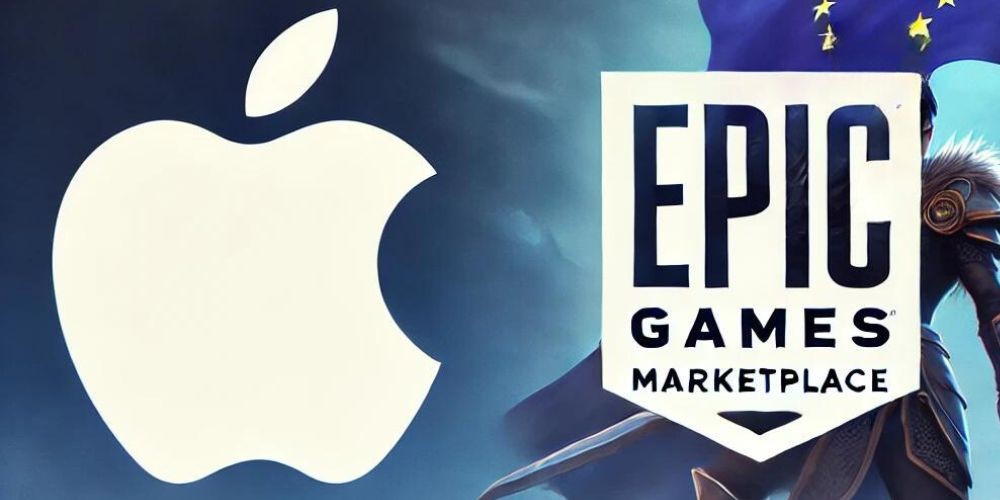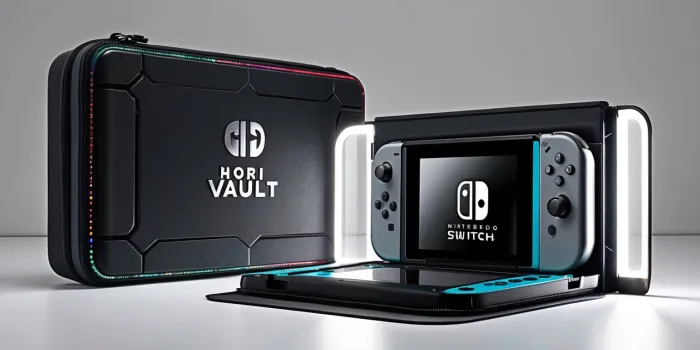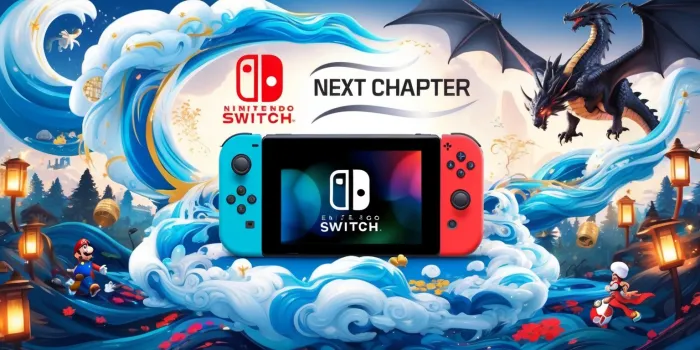 2024-07-08 07:35:00
2024-07-08 07:35:00 Apple Approves Epic Games’ Marketplace After Initial Rejections: A Landmark Decision for Third-Party App Stores
In a groundbreaking decision, Apple has finally approved Epic Games' third-party app marketplace for launch in the EU after multiple rejections. The endorsement marks an important moment for both companies, especially given the protracted legal battles and ongoing controversy surrounding app store monopoly and fair competition. With the EU’s new Digital Markets Act (DMA) playing a pivotal role, this event may serve as a precedent for other app developers seeking to break into the iOS ecosystem with their own distribution channels.
Epic Games had announced earlier this year its plans to bring both the digital storefront and Fortnite back to iOS in Europe, as permitted by the DMA. However, the journey was fraught with challenges. Apple initially rejected the submission twice, citing concerns that Epic's Games Store resembled Apple's App Store too closely. Specifically, Apple pointed to the position of the “Install” button and the “in-app purchase” label, which they argued could confuse users. Epic responded assertively, describing Apple's objections as arbitrary and in violation of the DMA, prompting them to take their grievances to European regulators.
This back-and-forth came to a head on a dramatic Friday when Apple finally gave its nod to the Epic Sweden AB Marketplace app, provided Epic made the required changes in a subsequent update. Apple's approval came with a caveat: the game developer would need to alter design elements that closely mimicked Apple's own App Store. According to Section 2.3 (G) of Apple's developer agreement, Epic had generally complied with guidelines but had to revisit the design and copy of the download button. This move is a clear example of how stringent Apple plans to be under the new DMA rules.
Crucially, Epic’s approval does more than just allow a single app into the marketplace. It demonstrates the lengths to which Apple will enforce its policies while still complying with the DMA. Excessive scrutiny could deter other developers from attempting to introduce their own app stores on iOS, potentially stifling competition. Yet, for those willing to navigate the complexities, Epic's case provides a roadmap and a beacon of hope. It’s a signal that with the necessary adjustments and tenacity, breaking into the iOS ecosystem is possible even under stringent regulations.
In conclusion, the approval of Epic Games' marketplace app is a landmark decision that has significant implications for the future of third-party app stores on iOS. Despite facing initial rejections and complex regulatory landscapes, Epic proved that persistence pays off. Moreover, this approval highlights the crucial role of legal frameworks like the DMA in fostering fair competition and challenging monopolistic practices. As Epic prepares to return Fortnite to iOS in Europe, other developers will be watching closely, perhaps emboldened to make their own attempts. This development may very well be the first of many steps toward a more open and competitive app ecosystem.



Leave a comment
Your comment is awaiting moderation. We save your draft here
0 Comments